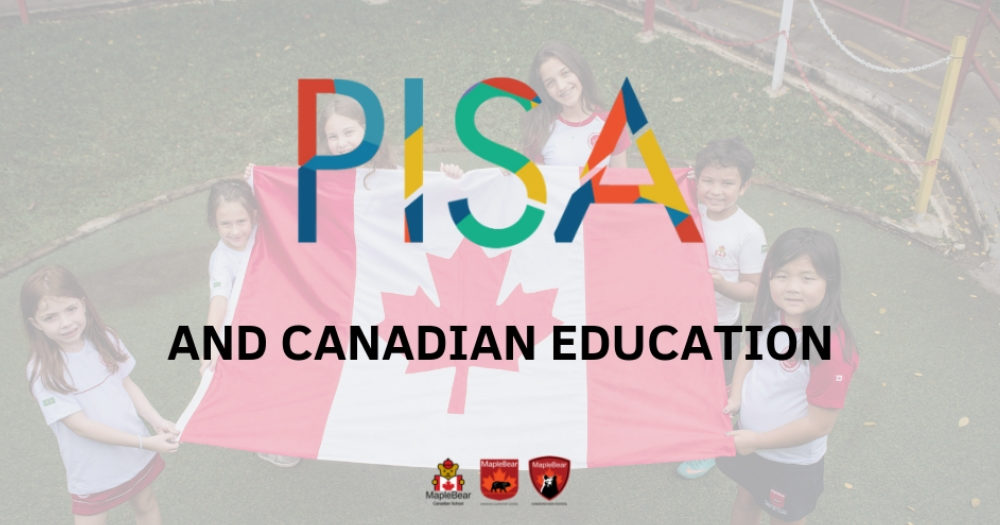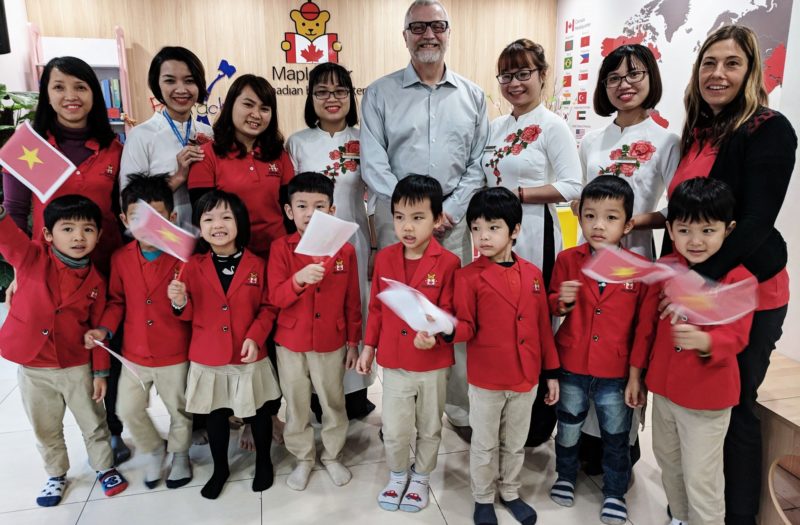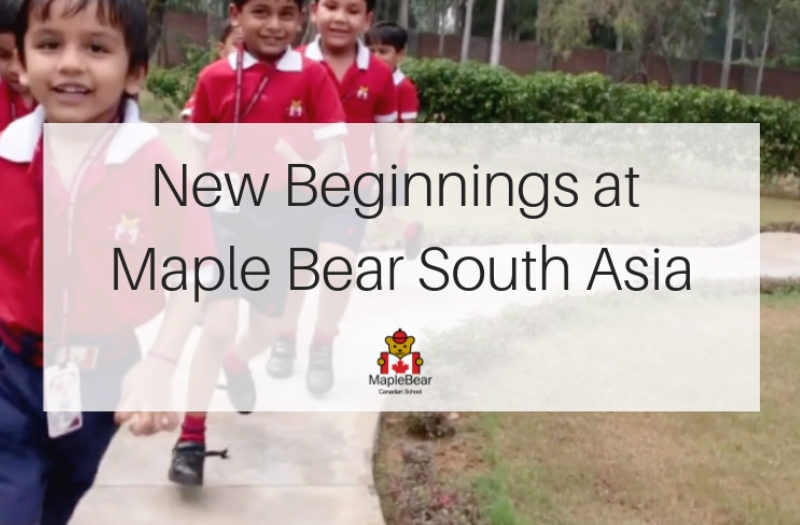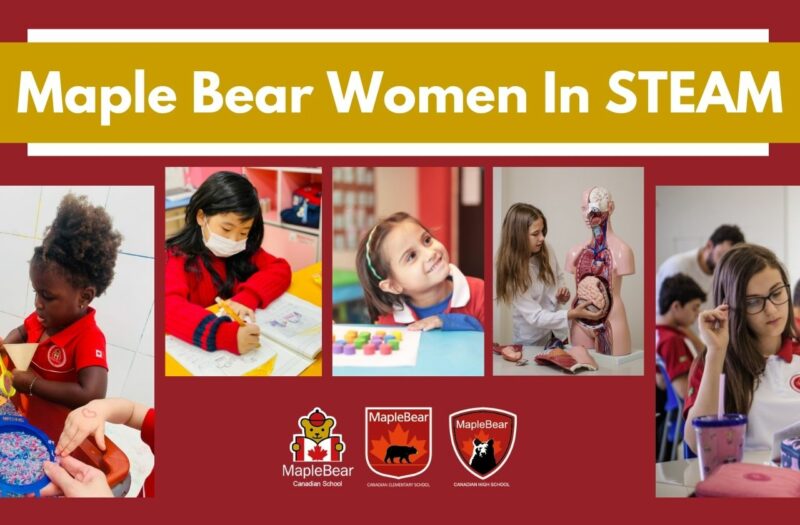
Understanding PISA
Canada’s education system consistently ranks among the best in the world as evaluated by a study called PISA – the Programme for International Student Assessment.
The features that make the Canadian education system so great are also the building blocks used to create the high-quality Maple Bear curriculum that we deliver to our students around the world.
Facts about PISA
PISA is a world-wide study organized and managed by the Organization for Economic Co-operation and Development (OECD).
The assessment is designed by education experts from around the world. The countries that participate do so voluntarily, the schools are carefully selected and the students tested are randomly chosen.
It measures the academic comprehension of 15-year-old students in 3 subject areas: math, science and reading. More recently, it has also developed ways to assess more contemporary topics like financial literacy and collaborative problem solving.
In the survey, the students are not asked to recall facts, figures, dates or names, or answer math equations. Rather, the goal of the test is to assess whether or not the students can apply what they learn in school to real-life situations by using their knowledge and reasoning skills. The intention is to see if students can integrate what they have learned and solve realistic problems.
To get a sense of the scope of this test, in the 2015 survey, over 500,000 students participated from 72 countries. This is a huge sample of teens from all over the world.
The results are painstakingly tabulated and a final report is published. Countries can contrast, compare and potentially improve their education policies to support a stronger education system that will support and nurture the academic achievement of the students.
Canada ranks #1 in English speaking countries
In the most recent assessment done in 2015, Canada ranks the highest among all English-speaking countries and 6th overall. Canada placed 2nd in reading, 7th in science, and 10th in math.
Singapore consistently ranks number one. And yet, Maple Bear has seen great success in Singapore, with over 30 schools and growing. So, how is PISA and the Canadian education system relevant to our students at Maple Bear Global schools?
Maple Bear has access to the best of what the Canadian education system has to offer
The PISA rankings demonstrate that the Canadian education system implemented across all the provinces is working. From a global perspective, it is a consistent success story and is proven to be effective.
The Maple Bear curriculum is based on the Canadian curriculum and is continuously updated by Canadian educational experts from the classroom as well as from the provincial Ministries of Education. The resources used with the curriculum are the most current and are highly regarded from across the country.
Lenna Glade, our VP of Academic says, “There are key features that differentiate our education system from the rest of the world. These include the teachers’ capacity to identify students’ needs, the ability to manage diverse classrooms, good communication between parents and teachers, and creating a positive learning environment. These are all factors that Maple Bear takes into consideration when developing our academic programming.”
Along with our exceptional curriculum and methodology, Maple Bear invests heavily in our trainers and teachers to ensure that they receive the necessary tools and professional development needed to enhance the student learning environment.
The work that PISA does benefits all our students, teachers and parents. And we are looking forward to finding out the results from the 2018 survey, which will be released at the end of this year.




